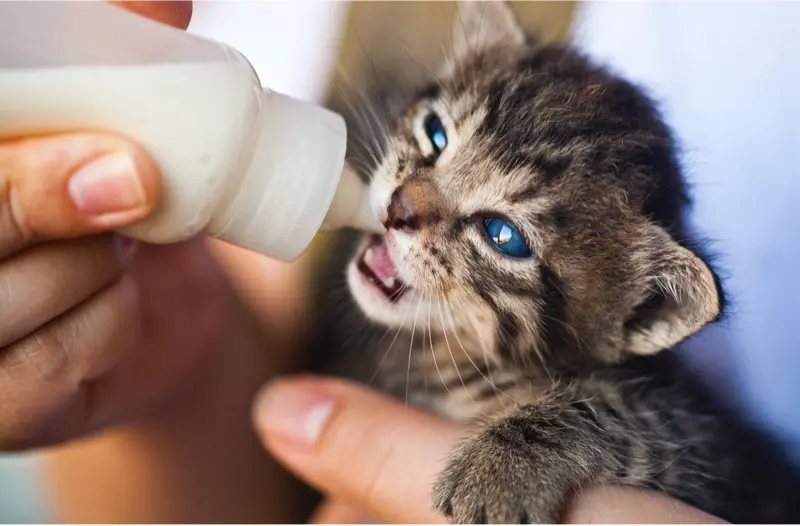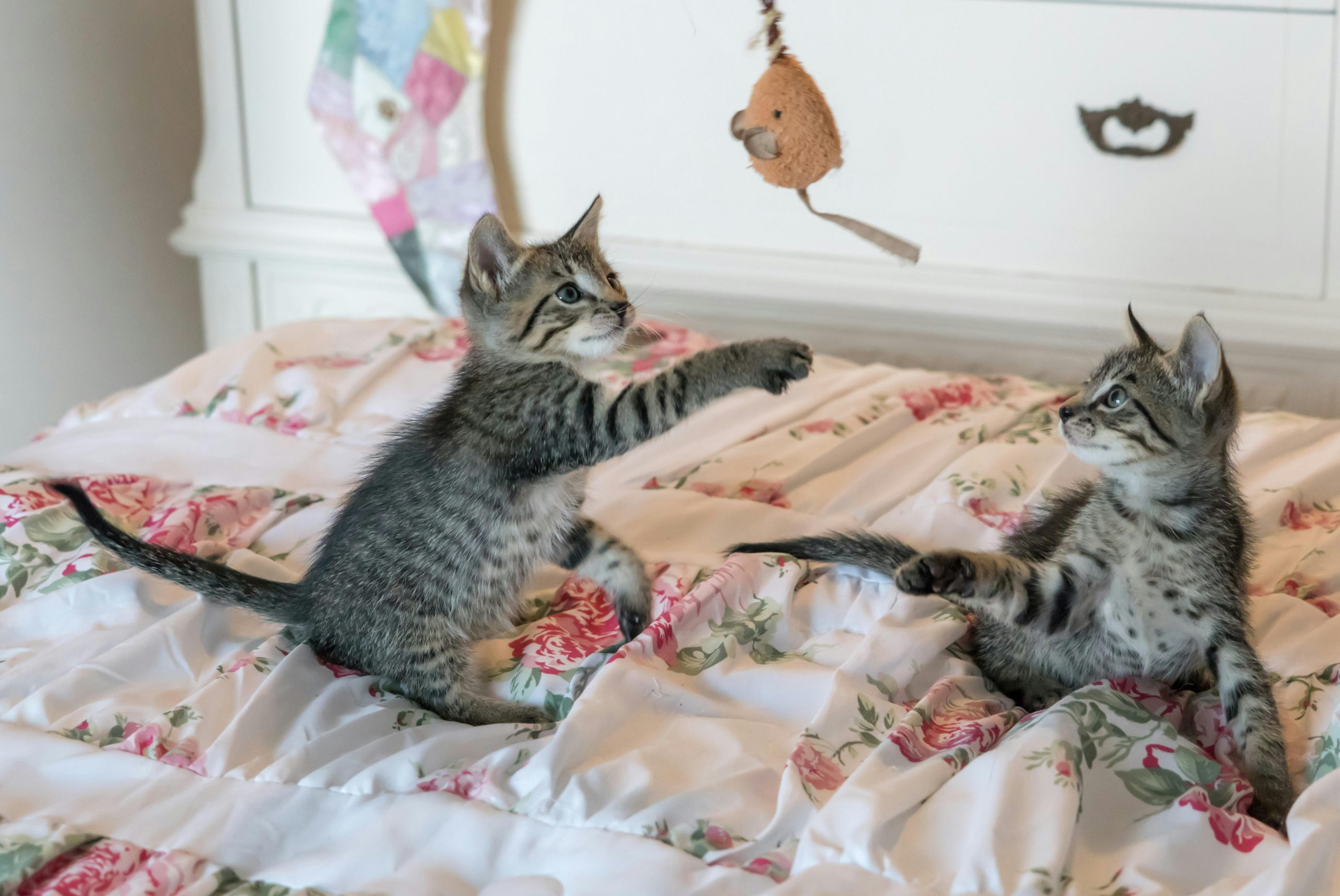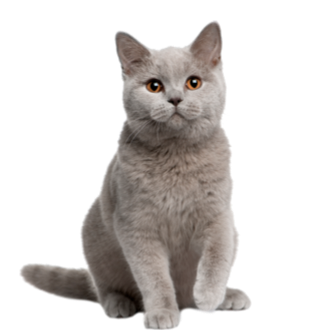Why Every Cat Needs Daily Play

Cats are often seen as independent creatures that enjoy lounging around, but they also need regular playtime to stay happy and healthy. While it might seem like your cat is perfectly content napping in the sun, play is crucial for their physical and mental well-being. In this blog, we’ll explore the reasons why daily play is essential for your feline friend and how you can make playtime a regular part of their routine.

Simulates Hunting Instincts
Even the most pampered house cat still has the instincts of a hunter. In the wild, cats chase and stalk prey to survive. Playtime allows your cat to mimic these natural behaviors, keeping them mentally stimulated. Toys like feather wands, laser pointers, or small balls help your cat chase, pounce, and stalk, providing an outlet for their hunting instincts. This not only keeps them entertained but also prevents boredom and frustration.
Helps Maintain a Healthy Weight
Obesity is a common issue for indoor cats, leading to health problems like diabetes, joint pain, and heart disease. Regular play is a fun way to ensure your cat gets the exercise they need to maintain a healthy weight. Interactive play with toys that encourage running, jumping, and climbing can keep your cat active and prevent weight gain. Incorporating just 15 to 30 minutes of playtime each day can make a big difference in your cat’s physical health.
Prevents Behavioral Issues
Cats that don’t get enough mental stimulation or physical exercise can develop behavioral problems such as aggression, excessive vocalization, or destructive behavior like scratching furniture. Regular play helps to burn off excess energy and provides a healthy outlet for your cat’s natural behaviors.
If your cat is acting out, chances are they’re bored or have pent-up energy, and play can be a simple and effective solution.
Strengthens Your Bond
Playtime isn’t just good for your cat—it’s also a great way to bond with them. Engaging in interactive play helps build trust and strengthens your relationship. Whether it’s tossing a toy mouse or wiggling a string, play gives you a chance to spend quality time with your cat, making them feel more connected to you. Over time, this will lead to a happier, more confident pet who trusts and enjoys your company.
Reduces Stress and Anxiety
Just like humans, cats can experience stress and anxiety. Changes in their environment, such as new pets or visitors, can make them feel uneasy. Regular play helps to reduce stress by providing a distraction and giving them an outlet for any nervous energy. Toys that mimic prey can help them feel more in control, which reduces anxiety. If you notice your cat hiding more or acting unusually nervous, more frequent play sessions may help them relax.
Keeps Older Cats Mentally Sharp
As cats age, they may become less active, but that doesn’t mean they don’t need mental stimulation. In fact, keeping older cats engaged with gentle play can help keep their minds sharp and delay cognitive decline. Using toys that don’t require too much physical exertion, such as slow-moving feather wands or puzzle toys, can help maintain their mental acuity. Regular, low-impact play helps keep older cats alert and engaged with their surroundings.
Tags
What do you think?
Related Articles

Benefits of Taking Your Dog for a Walk
Dogs thrive on routine, and daily walks give them a sense of security. Using dog accessories like a no-pull leash helps reinforce good behavior and

Training Your Dog with Positive Reinforcement
We look forward to the deliciousness of the holiday season for many reasons – special meals and drinks, seasonal treats…

Understanding Your Feline Friend
While they may not be as expressive as dogs, cats have a rich language of their own, full of subtle cues and behaviors that speak









